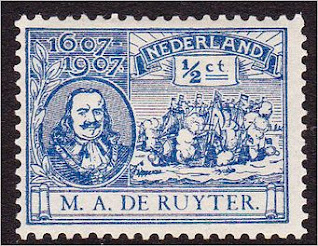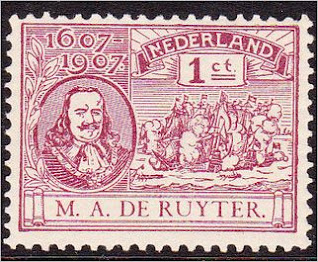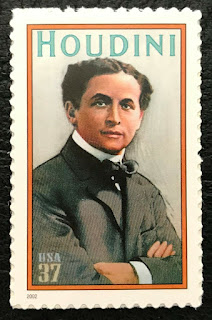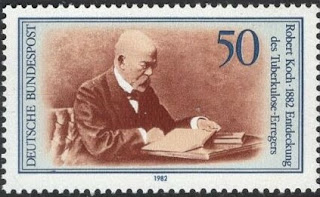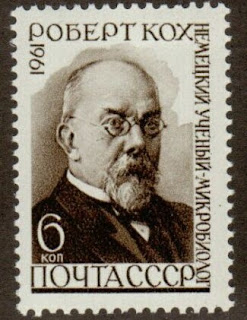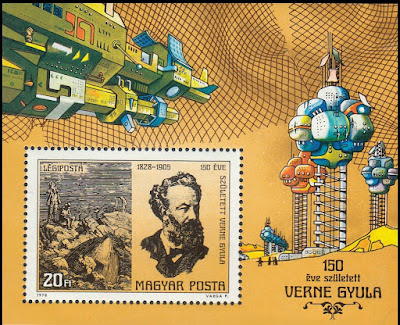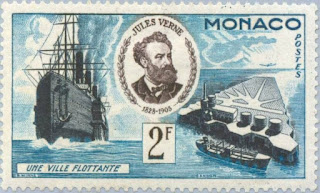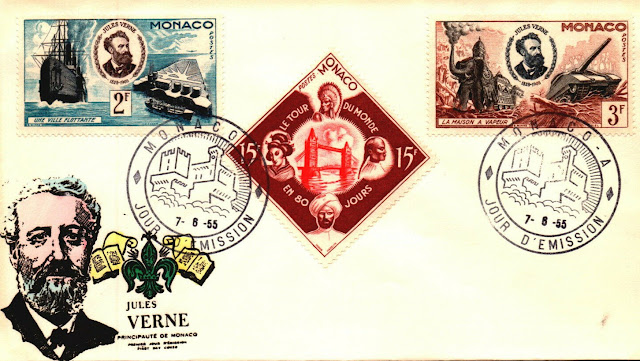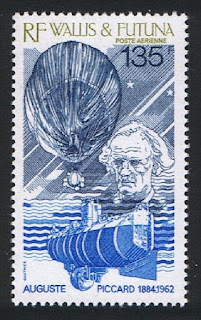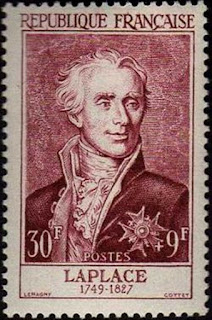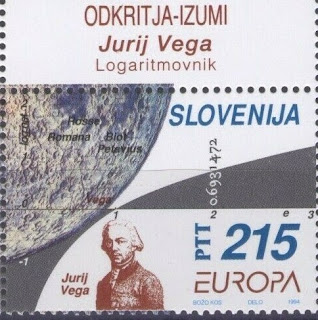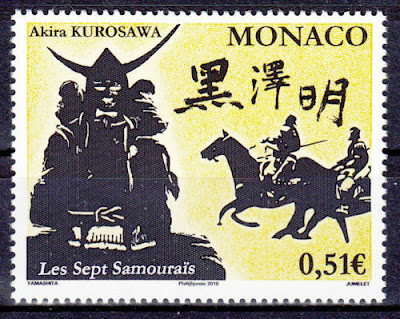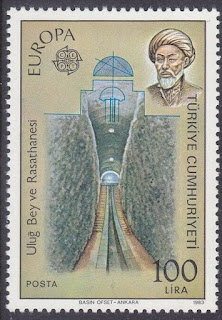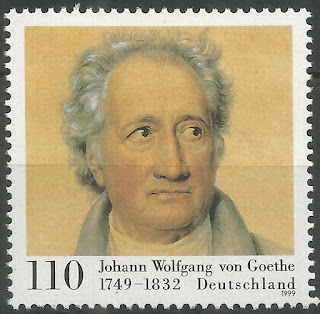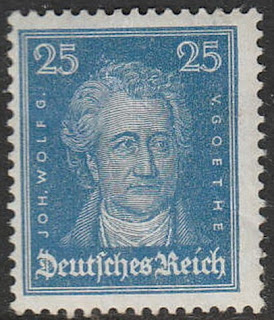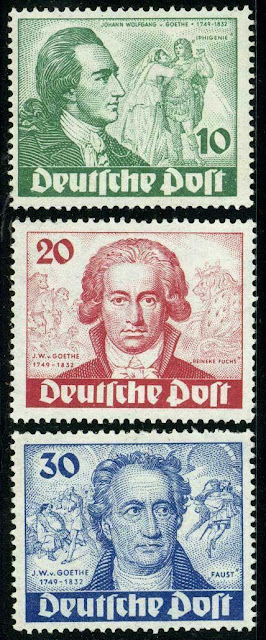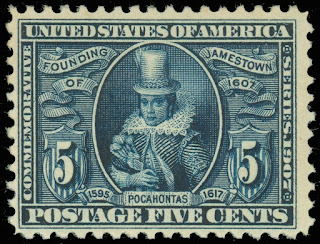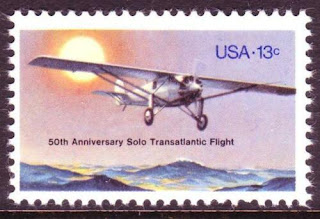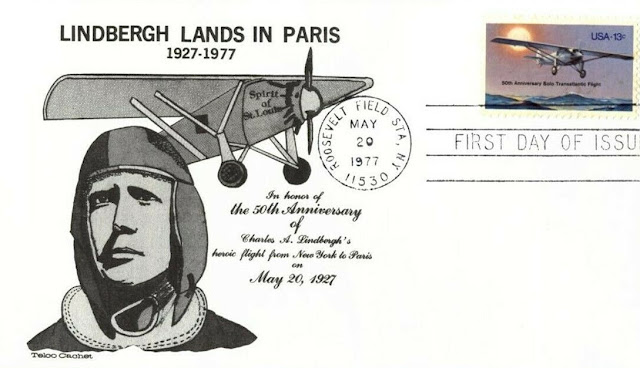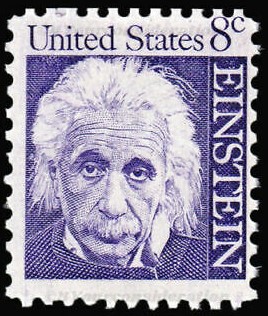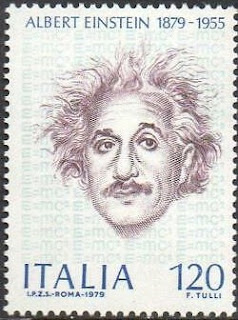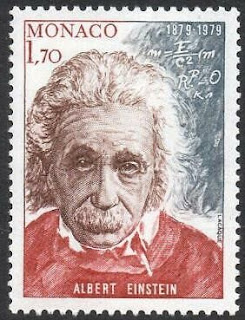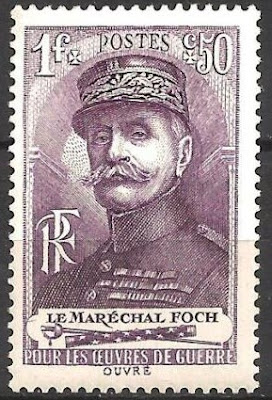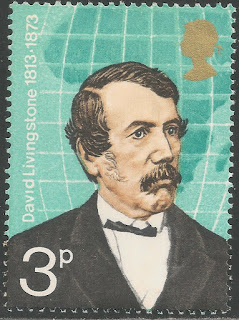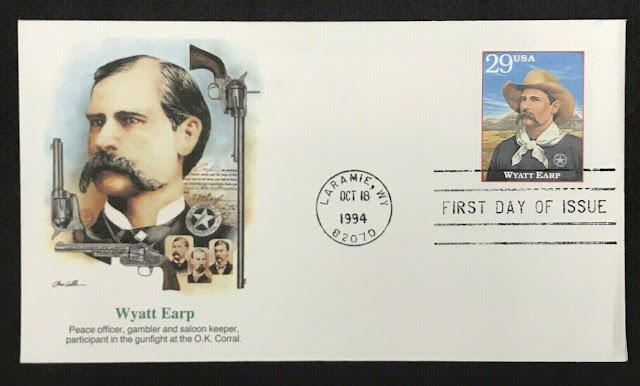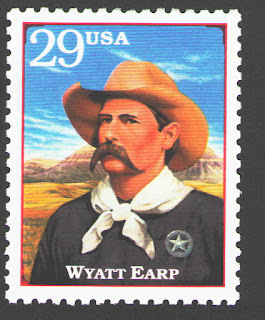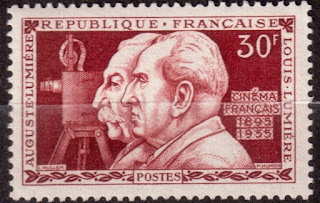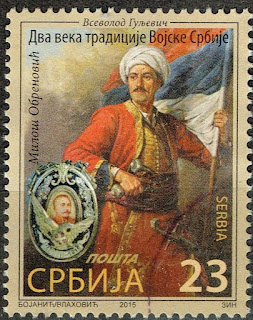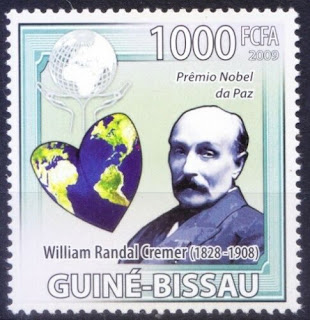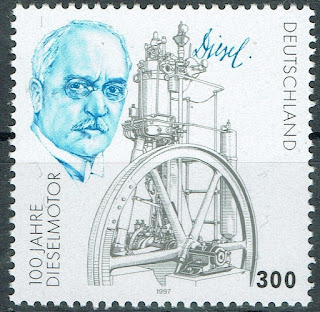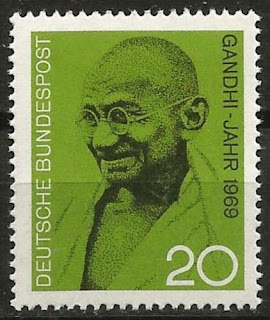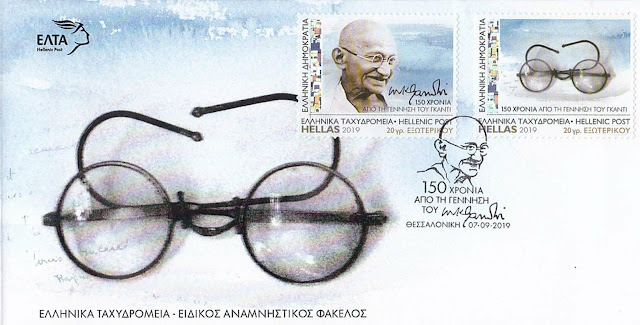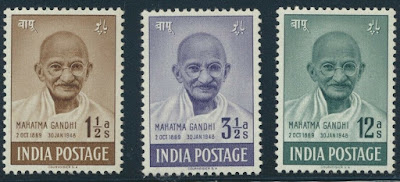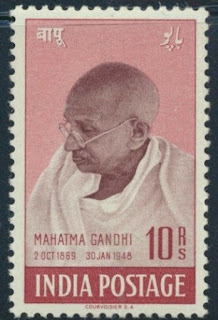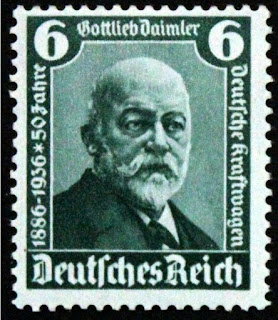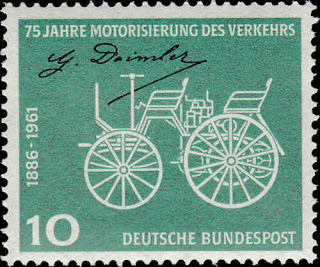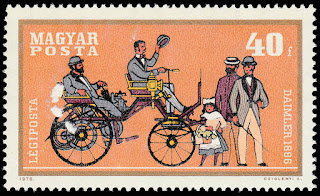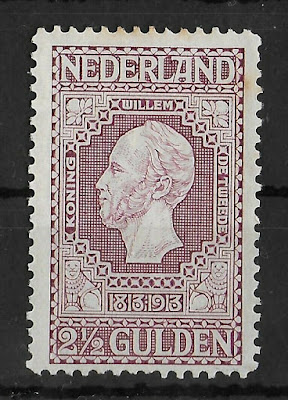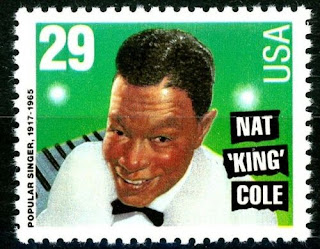Here are some events that happened on March 24th. It could be an event or a person that died or was born on that day
1607 Born: Michiel de Ruyter, Dutch admiral (d. 1667)
Michiel Adriaenszoon de Ruyter (24 March 1607 – 29 April 1676) was a Dutch admiral. Widely celebrated and regarded as one of the most skilled admirals in history, De Ruyter is arguably most famous for his achievements with the Dutch Navy during the Anglo-Dutch Wars. He fought the English and French forces and scored several critical victories, with the Raid on the Medway being the most famous among them.
Often dubbed a Dutch folk hero, De Ruyter is one of a few select officers in the history of the Dutch navy to hold the title of the lieutenant admiral (Dutch: luitenant-admiraal). Reportedly beloved by his subordinates and seamen, De Ruyter was commonly nicknamed Bestevaêr (Middle Dutch for "grandfather") during his service, a nickname that is sometimes still used to refer to him in Dutch media.
Dutch stamps issued depicting Michiel de Ruyter
1874 Born: Harry Houdini, Hungarian-Jewish American magician and actor (d. 1926)
Harry Houdini (born Erik Weisz, later Ehrich Weiss or Harry Weiss; March 24, 1874 – October 31, 1926) was a Hungarian-born American illusionist and stunt performer, noted for his sensational escape acts. He first attracted notice in vaudeville in the United States and then as "Harry 'Handcuff' Houdini" on a tour of Europe, where he challenged police forces to keep him locked up. Soon he extended his repertoire to include chains, ropes slung from skyscrapers, straitjackets under water, and having to escape from and hold his breath inside a sealed milk can with water in it.
In 1904, thousands watched as he tried to escape from special handcuffs commissioned by London's Daily Mirror, keeping them in suspense for an hour. Another stunt saw him buried alive and only just able to claw himself to the surface, emerging in a state of near-breakdown. While many suspected that these escapes were faked, Houdini presented himself as the scourge of fake spiritualists. As President of the Society of American Magicians, he was keen to uphold professional standards and expose fraudulent artists. He was also quick to sue anyone who imitated his escape stunts.
Houdini made several movies but quit acting when it failed to bring in money. He was also a keen aviator and aimed to become the first man to fly a plane in Australia.
US stamp and FDC depicting Houdini
1882 – Robert Koch announces the discovery of Mycobacterium tuberculosis, the bacterium responsible for tuberculosis.
Heinrich Hermann Robert Koch (11 December 1843 – 27 May 1910) was a German physician and microbiologist. As one of the main founders of modern bacteriology, he identified the specific causative agents of tuberculosis, cholera, and anthrax and gave experimental support for the concept of infectious disease, which included experiments on humans and other animals. Koch created and improved laboratory technologies and techniques in the field of microbiology, and made key discoveries in public health. His research led to the creation of Koch's postulates, a series of four generalized principles linking specific microorganisms to specific diseases that remain today the "gold standard" in medical microbiology.
During his time as the government advisor with the Imperial Department of Health in Berlin in the 1880s, Robert Koch became interested in tuberculosis research. At the time, it was widely believed that tuberculosis was an inherited disease. However, Koch was convinced that the disease was caused by a bacterium and was infectious, and tested his four postulates using guinea pigs. Through these experiments, he found that his experiments with tuberculosis satisfied all four of his postulates. In 1882, he published his findings on tuberculosis, in which he reported the causative agent of the disease to be the slow-growing Mycobacterium tuberculosis.
For his research on tuberculosis, Koch received the Nobel Prize in Physiology or Medicine in 1905. The Robert Koch Institute is named in his honor.
1905 Died: Jules Verne, French novelist, poet, and playwright (b. 1828)
Jules Gabriel Verne (8 February 1828 – 24 March 1905) was a French novelist, poet, and playwright.
Verne's collaboration with the publisher Pierre-Jules Hetzel led to the creation of the Voyages extraordinaires, a widely popular series of scrupulously researched adventure novels including Journey to the Center of the Earth (1864), Twenty Thousand Leagues Under the Sea (1870), and Around the World in Eighty Days (1873).
Verne is generally considered a major literary author in France and most of Europe, where he has had a wide influence on the literary avant-garde and on surrealism. His reputation was markedly different in Anglophone regions where he had often been labeled a writer of genre fiction or children's books, largely because of the highly abridged and altered translations in which his novels have often been printed (until the 1980s, when his "literary reputation ... began to improve").
Verne has been the second most-translated author in the world since 1979, ranking between Agatha Christie and William Shakespeare. He has sometimes been called the "Father of Science Fiction", a title that has also been given to H. G. Wells, Mary Shelley, and Hugo Gernsback.
Stamps from various countries issued to commemorate Jules Verne and his works
1962 Died: Auguste Piccard, Swiss physicist and explorer (b. 1884)
Auguste Antoine Piccard (28 January 1884 – 24 March 1962) was a Swiss physicist, inventor and explorer, known for his record-breaking helium-filled balloon flights, with which he studied the Earth's upper atmosphere. Auguste was also known for his invention of the first bathyscaphe, FNRS-2, with which he made a number of unmanned dives in 1948 to explore the ocean's depths.
Piccard's twin brother Jean Felix Piccard is also a notable figure in the annals of science and exploration, as are a number of their relatives, including Jacques Piccard, Bertrand Piccard, Jeannette Piccard and Don Piccard.
Stamps depicting Auguste Piccard or his balloons
